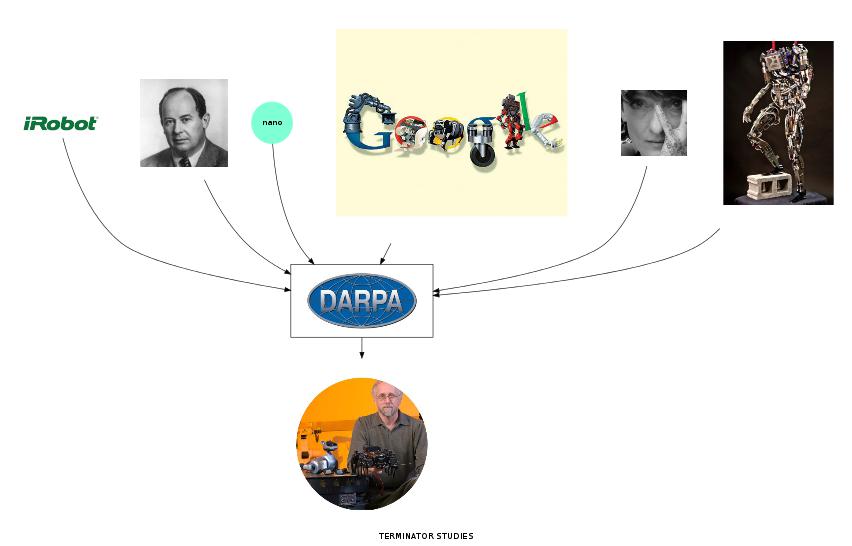Pentagon officials are worried that the US military is losing its edge compared to competitors like China, and are willing to explore almost anything to stay on top—including creating watered-down versions of the Terminator. Taken together, the “scientific revolutions” catalogued by the NDU report—if militarized—would grant the Department of Defense (DoD) “disruptive new capabilities” of a virtually totalitarian quality. Pentagon-funded research on data-mining feeds directly into fine-tuning the algorithms used by the US intelligence community to identify not just ‘terror suspects’, but also targets for the CIA’s drone-strike kill lists.It is far from clear that the Pentagon’s Skynet-esque vision of future warfare will actually reach fruition. That the aspiration is being pursued so fervently in the name of ‘national security,’ in the age of austerity no less, certainly raises questions about whether the most powerful military in the world is not so much losing its edge, as it is losing the plot.
